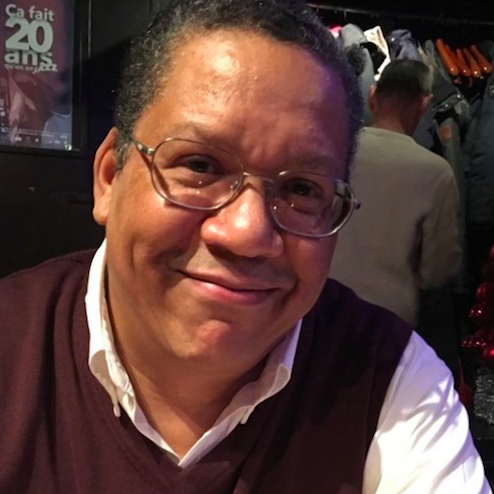
(Image: Andrew Huth)
The impact of climate change falls most heavily on disadvantaged communities, including many Black communities in the southern United States. Historically Black colleges and universities (HBCUs) are “uniquely positioned to lead” in the struggle for climate justice and environmental resilience, according to a report from the United Negro College Fund.
“HBCUs are particularly well suited to lead efforts in climate justice due to their deep-rooted connections to communities that they already have,” Kendra Sharp, a strategist for the fund’s Institute for Capacity Building, told TriplePundit. “They have been disproportionately affected by environmental injustices for so long that they now can use that setback as a strength to help influence the conversation.”
The report analyzes existing climate and sustainability practices at HBCUs and, with support from the climate-solutions-focused Waverley Street Foundation, charts a course for launching a network of HBCU Climate Action Hubs.
The long histories of HBCUs advocating for social justice and equality means they are “natural leaders” in addressing the “compounded issues of environmental and racial injustices as it relates to climate and sustainability overall,” Sharp said. “HBCUs are uniquely positioned to take their mission, which is obviously to serve under-resourced students and communities, and pair that up with this urgent need for climate action as it relates to our communities … Leveraging this expertise can definitely drive meaningful change.”
Black communities are heavily concentrated in regions that overlap with severe climate risks, primarily in southern states, according to a November 2023 report by the McKinsey Institute for Black Economic Mobility. Roughly half of Black Americans live in the Southeast where exposure to heat, hurricanes and flooding is high. Consequently, Black populations are more likely to be exposed to these dangers.
The United Negro College Fund’s report surveyed 20 HBCUs representing a mix of public and private schools located in urban, suburban and rural settings. The findings revealed that HBCUs have already had a strong commitment to climate, climate justice and sustainability for quite some time, Sharp told 3p.
Eighty-five percent of HBCUs already run green programs, highlighting their commitment to sustainability. These initiatives include curriculum enhancements, incorporating solar panels, forming student-led environmental groups, establishing community gardens, and promoting biking and walking trails. And 44 percent of the schools rated climate and sustainability initiatives “extremely or very important” compared to other priorities, indicating a strong commitment to addressing these issues.
As a result, HBCUs are molding a new generation of environmental leaders through innovative sustainability education. Half of the surveyed schools offer degree programs or certifications in fields critical to sustainability.
“Another thing that the survey revealed was the particular, special space for HBCU presidents and how they are viewed at such a high stature in the black community,” Sharp said. “HBCU presidents are well suited to use this influence to enhance climate and sustainability agendas at their institutions and in the communities where these institutions sit.”
And they’re prepared to drive transformative environmental justice and climate action for their communities. Eighty percent of the institutions surveyed participate in continuing education on climate and sustainability, including student-led projects, festivals, conferences, and engagement campaigns that are open to the public.
Despite these positive factors, just 15 percent of HBCUs have a specific budget allocated for climate and sustainability projects, highlighting the scarcity of financial resources available in these critical areas.
“Persistent underfunding significantly hampers the ability for HBCUs to be innovative and to advance their sustainability efforts,” Sharp said. “It creates a space where they have limited access to state-of-the-art technology and to research opportunities, although there is research happening. Another big piece that may not be as highlighted is having skilled personnel and experts in this space.”
HBCUs that want to lead on addressing climate justice know the importance of forging strategic relationships with governmental agencies, nonprofits, and the private sectors that focus on climate and sustainability work, Sharp said. Some HBCUs are engaging in fundraising campaigns specifically targeted at supporting climate and sustainability initiatives and working with alumni who are passionate about these issues to push those agendas forward.

Gary E. Frank is a writer with more than 30 years of experience encompassing journalism, marketing, media relations, speech writing, university communications and corporate communications.














